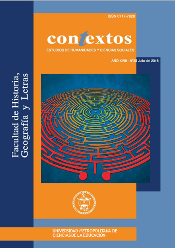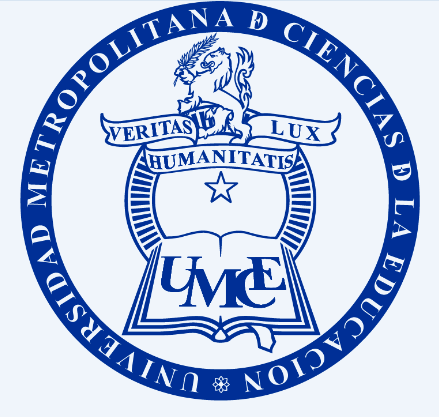Main Article Content
May 9, 2017
Abstract
Our interpretation of the book Los trabajadores de la muerte intends to analise what is pre- sent in it through the destructuring of language as a neuralgic point of Diamela Eltit's na- rrative, which here challenges post structuralist interpretation. Hence, we tried to decipher its hermeneutic through Jacques Derrida’s theoretical foci. We aim to detect apones as the text offers múltiple impossibilities, in its linguistic structure as well as in the unsure profile of the characters. Eltit's disquieting narrative, alien to canons, nevertheless hosts a universe removed from the mass culture, lies not just in the meanings but also, with great expressive strength, in the signifiers. We are interested in her many models of representaron (identity is deeply inserted in the process of representation, according to Stuart Hall), in the evolution e recreation of the classic tragedy without concession, what it represents in contemporary collective identity and in the mentality hospitable to the marginality, hostile to the unaware reader assumed by the author.
Downloads
Policies for open access journals
Authors who publish here accept the following terms: Authors will keep their copyright and will guarantee the journal the right to the first publication of their work, which will be subject to the Licence of Creative Commons acknowledgement, which allows for the use of this material only if the authorship is credited and the original source is acknowledged (the journal’s URL), and if it is not used with commercial ends and with any derivations of the original work.
Authors may adopt other non-exclusive license agreements of distribution of the published version (e.g. to save it onto a digital institutional archive or publish it in a monographic volume) only if the initial publication of this journal is indicated.
It is permitted and recommended for authors to divulge their work on the Internet (e.g. institutional digital archives or webpage) before and during the submission process, which may lead to interesting exchanges and increase the citations of the publication. (See Open Access Effect).






